Global Financial Crisis: Causes, Consequences and Impact on Economic Growth
The impact of the Global Financial Crisis was felt in 2008 and its repercussions are still with us today. In this book, the authors set the context for examining the crisis by looking at a regional crisis that occurred a decade earlier but whose lessons about financial fragility were soon forgotten. The authors then move to the present and discuss the views of a number of economics who to various degrees predicted or forewarned of the impending crisis. In the second chapter, the elements that caused the latest and current problems in the U.S. and consequently to all economies of the world, due to the systemic risk of globalization, are determined. The third chapter advocates the intangible and tacit knowledge in the knowledge based society of the 21st century, exacerbates the problem of moral agency in today's organizations, making the boundaries and accountability of decision-making especially vague and ambiguous. The authors apply this concept as a means to enhance the moral agency to organizations in the context of the knowledge based society, and as a key part of responsible leadership after the global financial crisis of 2008. The fourth chapter reviews aspects of the new rules that apply to investment firms and to banks, making comment on individual provisions as necessary. In the last chapter, the serious effects of a bubble and its burst in small countries in Central and Eastern Europe are looked at and discussed in detail.
{{comment.content}}

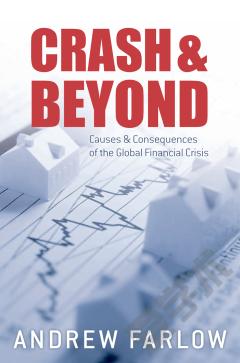

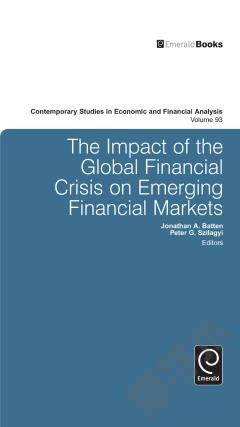
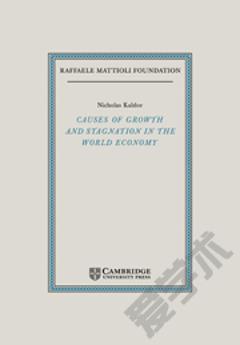
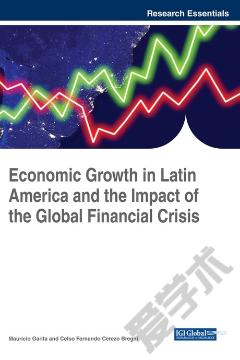
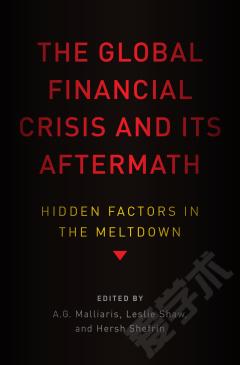

 京公网安备 11010802027623号
京公网安备 11010802027623号